Short films created to improve self-management by Black people living with stroke
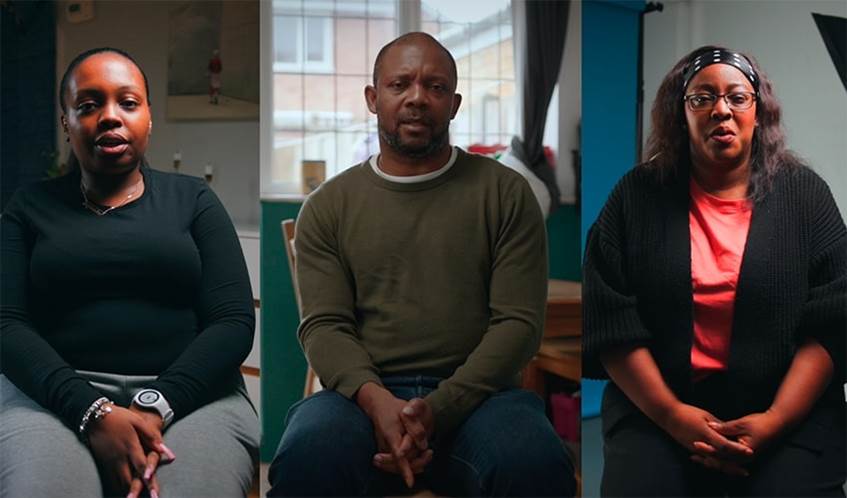
Short films exploring Black people’s experiences of stroke have been released as outputs from a research project led by UWE Bristol and Kingston University.
Launched during Stroke Awareness Month, the film resources offer advice for those living with stroke and healthcare professionals.
Black people in the UK are more likely to have a stroke than white people, and experience stroke at a younger age. They are especially affected by conditions, such as sickle cell disease and diabetes, which increase their stroke risk.
Prior to this project, little was known about Black people’s experiences of stroke in the UK and the support they need to adapt and manage their health more effectively.
For the ISSMAS (Inclusivity in Stroke Self-Management Support) project, researchers worked in partnership with people from Black African and Caribbean communities living with stroke in England - people whose voices are seldom heard in discussions around stroke. They carried out in-depth interviews and then co-produced two films with a team of Black people who have experienced stroke, and their carers.
The first short film is aimed at helping Black people increase their skills, knowledge and confidence following a diagnosis of stroke. The film shares personal journeys and offers advice on how to cope and adapt. The second film has been created to help healthcare professionals improve their support to Black people living with stroke. The film aims to bring healthcare professionals closer to people’s experiences, and reflect on how to improve service provision.
Dr Jo White, a Senior Research Fellow in UWE Bristol’s School of Health and Social Wellbeing, said: “We are incredibly proud of this work and heartened by the interest and discussions that the films are already generating.
“This work would not have been possible without the Black people living with stroke who were generous enough to share their experiences and worked closely with us to co-produce the two films.
“The films are unique, and we hope they can make a tangible difference. We are collaborating with community organisations, national organisations and health service representatives to ensure these outputs have as much impact as possible.”
The ISSMAS project is funded by the National Institute of Health and Social Care’s Research for Patient Benefit programme and is a collaboration between UWE Bristol and Kingston University. It is supported by the NHS Bristol, North Somerset and South Gloucestershire Integrated Care Board.
The project team are now developing a follow-on project to embed the films within NHS services, and are sharing the films within Black communities to stimulate discussion and action.
Tushna Vandrevala, Professor of Health Psychology at Kingston University, said: “Our work has highlighted the disproportionate impacts that living with stroke have on Black communities, the importance of positive interactions with healthcare professionals, and how negative experiences, such as racial microaggression, stereotyping and discrimination impact trust.
“Healthcare services need to be culturally aligned and provide safe spaces for all patients. For Black communities there needs to be more awareness about stroke risks and open conversations to address stigma and isolation.”
More information about the project can be found on the project webpage.
Related news

10 February 2026
Work by UWE Bristol lecturer features in Government’s National Cancer Plan
Work by a UWE Bristol academic has been included in the Government’s National Cancer Plan.
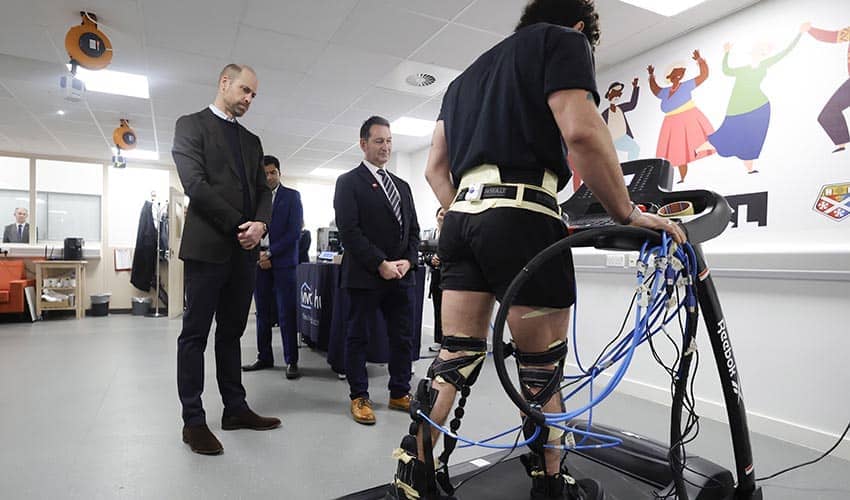
22 January 2026
Prince of Wales visits UWE Bristol to see pioneering robotic tech tackling societal health challenges
The Prince of Wales visited the Bristol Robotics Laboratory (BRL) at the University of the West of England’s (UWE Bristol) Frenchay campus today (22 January 2026) to learn about the pioneering robotic technologies being developed to help the ageing and disabled population maintain mental and physical wellbeing and remain independent for longer.
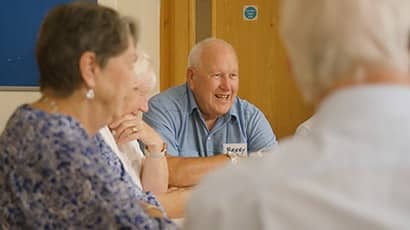
21 January 2026
Dementia support groups developed by professor adopted across globe
A programme started by a UWE Bristol academic to provide emotional and practical support for people with dementia is now being adopted around the world.

17 December 2025
Findings revealed from first UK study into experiences of mothers who are survivors of rape pregnancy
UWE Bristol academics have revealed the findings of the first UK-based study of the experiences of mothers who are survivors of rape pregnancy.

11 December 2025
Social media influencer work is far more demanding than it looks, research finds
A study exploring the mental health impacts of social media influencer work has revealed that life online is far more demanding than it appears.

25 November 2025
Health-tech start up MyCelsius launches breakthrough cooling tech for hot flushes developed at UWE Bristol’s Launch Space
A pioneering Bristol-based health-tech company developing cutting-edge cooling technology for hot flushes has credited UWE Bristol’s Launch Space incubator with playing a key role in accelerating its product development.

17 November 2025
Urgent reform needed to support ambulance-delivered end of life care, study finds
More than three quarters (78 per cent) of paramedics sometimes fear doing the wrong thing when caring for people in the last year of life, new research has found.

14 November 2025
Lecturer wins prestigious Times Higher Education award for innovation in teaching
A senior paramedic science lecturer at UWE Bristol has been named the most innovative teacher of the year in the Times Higher Education Awards 2025.
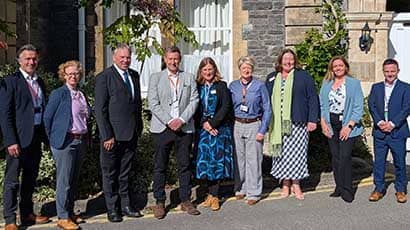
13 November 2025
Alliance Medical and UWE Bristol launch UK’s first PET-CT postgraduate certificate
In a move set to transform imaging education, Alliance Medical (AML) and UWE Bristol have joined forces to co-design and develop the UK’s first PET-CT Postgraduate Certificate (PG Cert).

17 July 2025
Want social change? A deeper understanding could be key, study suggests
New study suggests a deeper understanding of social change could help close the gap between challenges and actions, especially on issues like climate change.
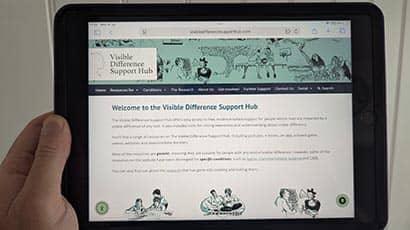
16 July 2025
Researchers launch support hub for people with visible differences and their families
A first of its kind website offering evidence-based psychological support for people with visible differences and their families has been launched by university researchers.
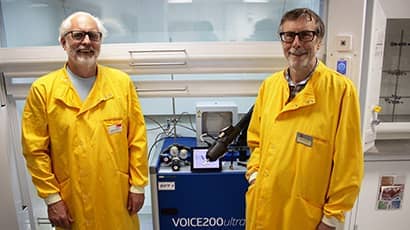
11 July 2025
Wound dressings developed with support from UWE Bristol to be launched by global firm
Technology that a team of UWE Bristol scientists helped develop to aid the healing of chronic wounds will be used in new ‘smart dressings’ being launched by global medical company.
You may also be interested in

Media enquiries
Enquiries related to news releases and press and contacts for the media team.
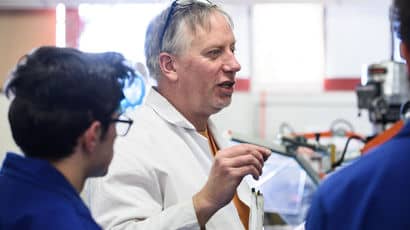
Find an expert
Media contacts are invited to check out the vast range of subjects where UWE Bristol can offer up expert commentary.

School of Health and Social Wellbeing
The School of Health and Social Wellbeing is home to all our courses and research related to this varied and rewarding sector.






